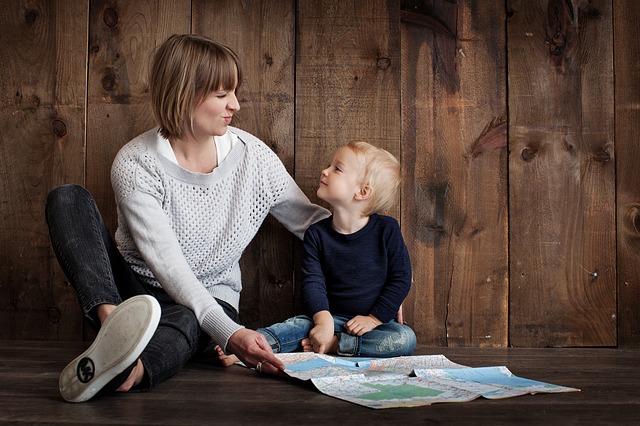How to Teach Your Children to Be Responsible Adults

Being a parent can be challenging. Some days, you feel like you’ve got this—juggling grocery shopping, soccer practice, and making dinner on time—and other days, you feel like a failure. No matter the day, you still have to teach you children, and few lessons are as important as how to be a responsible adult. How do you impart this sense of responsibility to them as they grow older? Here are some tips to help you through the years.
Every Action Has Consequences
While your kids are little, let them learn from you. Guide them as they grow, and be confident in their ability to do tasks you’ve shown them how to do—and let them see your confidence. If they struggle, help them face whatever difficulty they’re having.
As they get older, teach them about consequences, but make sure to focus on the idea that not all consequences are bad. Consequences are just the result of something we do, and no matter what anyone does, consequences follow. Good actions tend to bring positive consequences just like bad actions tend to bring negative consequences. The more your children understand this, the better set for adulthood they’ll be.
Some parents coddle their children, not even relying on positive reinforcement to get rid of bad habits. Coddled children like that don’t escape consequences; they experience them from the real world, and the real world isn’t pretty. Don’t let your child’s first real voyage into consequences be through a DUI or teenage pregnancy. Let them learn that lesson from you, in a loving atmosphere where they know you’re there to support them.
Age-Friendly Roles
Children learn responsibility much better when you assign simple duties. Ask your child to set the table before dinner, or clear the dishes. Have them take the garbage out every once in awhile. As they contribute to the functioning of the household, they learn good habits and will carry them over into their own apartment or home.
Get your children into the habit of picking up after themselves. If they make a mess with their toys, have them clean it up. This means that you’ll have to clean up your own messes too, because if you have your children clean up after you all the time, they’ll think that rules won’t apply to them when they become an adult as well, and that’s not the lesson you want to teach. If they wonder about why they have to take out the trash or mow the lawn, explain that those are things that everyone contributes to a little bit over time, so everyone will take their turn doing it. With these lessons, if you ever have to leave them alone when they’re older, you’ll know they’ll be able to take care of themselves.
Handling Finances
Teach your children how to manage finances from an early age. While you shouldn’t pay your children to do standard tasks, come up with extra, above-and-beyond chores that your children can do for a designated amount of money. Give them a piggy bank or perhaps a sealed money case where they can keep their money as they get it. Teach them how to save and the value of saving.
When they’re old enough, open a savings or checking account with them, and then teach them how to budget their money and set goals, so they can purchase the things they want, especially if you can’t afford it. Letting them be in charge of their finances from a young age on helps them learn and grow and develop good spending habits before it’s absolutely necessary for them to have those skills.
As a parent, you don’t need to force ideas into your child’s mind. As they grow old, they develop a sense of responsibility as long as you lay the basic foundation. Eventually, they’ll become responsible adults accountable for their actions, and you’ll know that you played a small part in that. That knowledge makes those bad parenting days worth it.



